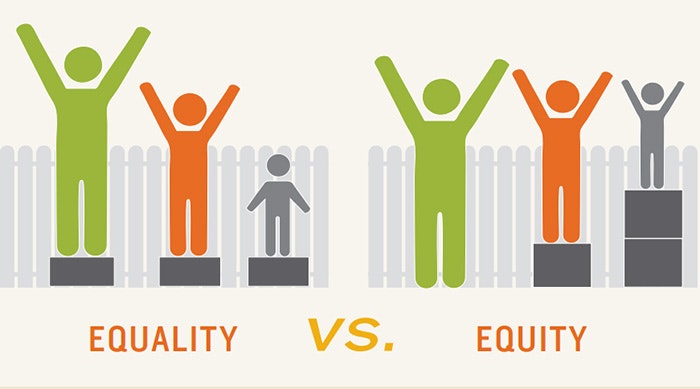
Dec 13, 2017
Edtech, and tutoring tech in particular, favors wealthy families. This does a huge disservice to the future of our education system.
Tutoring companies: we need to talk. Our community places an unhealthy emphasis on marketplaces, high-fee online platforms, and an agency model that drives up prices by taking large percentages out of a tutor's hourly rate. Beyond the realm of online tutoring (which has its own set of problems), very little effort has been made among VC-funded edtech startups to extend access to low-income students. Fewer opportunities mean fewer educational successes and a perceived smaller market, but this is all self-inflicted by us, the companies creating the services that leave these students behind.
This is troubling to me as a founder of an edtech company and a believer in a silly thing called equal opportunity. Sure, you'll say, we have a public K-12 education system and a strong network of public universities. We have social programs to provide students of modest means with more educational opportunities. We're doing the work. I'd respond by saying you're correct; we're doing some work. But it's not enough, and it's generally not inclusive of those who need it, especially in the tutoring space.
At Clark we struggle with a simple reality: students of all backgrounds need tutoring, but not all will receive it. There are many reasons for this, but the main driving factors are:
It should come as no surprise that those students whose needs go unmet tend to have lower socioeconomic status, come from municipalities that don't invest as much in extracurricular activities, or are otherwise disadvantaged at home or in the classroom. Similarly, it should be no surprise that the best tutors tend to charge the highest rates. Importantly, in a primarily referral-driven business like tutoring, only the best tutors are able to do so as they take on new clients.
These problems reflect the fabric of the American economy in general and speak to the attitude that tutoring is an added expense and rarely seen as a necessity. But in an age of unprecedented income inequality rife with education policies that threaten to reinforce this inequality, this attitude takes on dangerous undertones. Choice-based education favors the haves over the have-nots, further placing the onus on communities (as opposed to governments) to raise and apply funds where they are needed. This will be catastrophic to the social fabric of already struggling communities and their fragile education systems. In this brave new world, affordable tutoring becomes a necessity. To be functional, edtech companies must change the attitude that tutoring is only for the wealthy.
Before we continue: to the myriad edtech companies attempting to mop up the mess in the classroom, thank you. You're helping us all adapt to these coming changes.
It's our responsibility to create opportunities for tutors to make sustainable incomes while also supporting the students who need their services. It's not reasonable to expect educators to drop their rates—they need to eat too. It's similarly not a solution to suggest parents "buy what they can afford" when it comes to tutoring. Shorter tutoring engagements simply don't have the same long-term effects and don't reflect the way learning actually takes place. It's up to tutoring companies to find innovative ways to get paid while supporting the educators they consider to be customers. Your edtech company may be a business, but education is a right for those with an educational need.
Here, I'll give you a few free ideas:
I can hear the groans of "but that's not our core business!" from here. I get it, I do. But here's some tough love: if you're not willing to support an effective future for education, there's the door. This is too important for the future of America to spend even a moment more reinforcing the systems that divide communities. Contrary to the advice you've been hearing, education and edtech is not a space for disruption; it's a space for innovation, progress, and collaboration around students with needs. And if that rubs you the wrong way, well then there are plenty of dating apps that haven't been built yet.
Sam Gimbel is the co-founder and head of product at Clark. He is unapologetically in favor of equal opportunities for all students, and he knows we can make it happen.
*banner image published in The Annie E. Casey Foundation’s Race Equity and Inclusion Action Guide: January 8, 2015 THE ANNIE E. CASEY FOUNDATION
